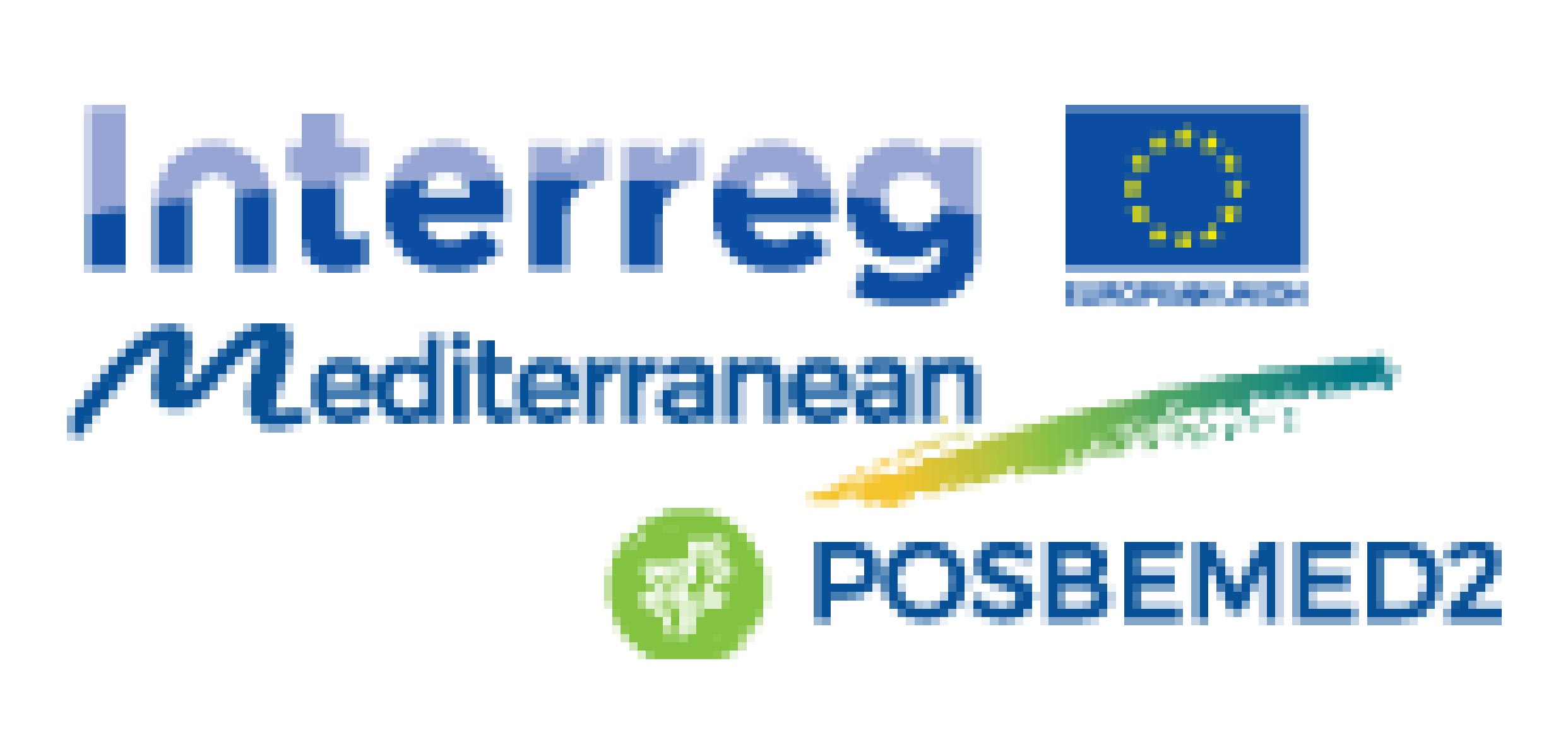 MONITORING TOOL
MONITORING TOOL
Joint Charter of Commitment for Mediterranean coastal communities
TO WHOM IS ADDRESSED?
Beach managers, beach stakeholders, citizens, decision-makers, educational actors, SMEsTHEME
Beach management, MPA managementKEYWORDS
Banquettes, Beach, coastal erosion, Marine Protected Area, nature-based solutions, Posidonia oceanica, public awareness raising, social acceptability of change
WHAT PROBLEM WOULD THIS SOLVE?
A Charter of Commitment has become a mobilisation phenomenon for all sorts of causes. However, many of these commitments are very general and don’t materialise with concrete actions and usually end with the project. Moreover, most of the Charter of Commitments are addressed to decision makers since they are the ones in a position to decide to make changes. In the case of Posidonia banquettes, although many decision makers and beach managers say they agree on the need to keep them on the beaches, they don’t necessarily act on it, because beach users don’t accept banquettes. In our case, one of the key actions to make changes, is to create a community of actors declaring their acceptance of Posidonia banquettes on the beaches, and that they are ready to act for it.
Aim of the tool
The Charter of Commitment is a mobilisation platform dedicated to all beach stakeholders. Citizens, NGO’s, scientific, education and economic actors are invited to sign the charter and act according to their own level to show change is possible and that decision makers can implement new management methods and lead this change. The Charter of Commitment aims to create a Posidonia friendly beach community of actors and to highlight actions undertaken to preserve the banquettes on Mediterranean beaches. The implementation of the tool will continue beyond the project’s lifetime.
Main objectives
- To reach different target stakeholders (beach managers and decision makers, local residents, beach users and citizens, businesses, scientific actors, foundations and associations, education actors, tourism and hotel actors, professional athletes, artists and cultural actors, information actors).
- To propose to each signatory feasible, concrete and adapted options to engage him/herself/themselves and act. Proof, such as a picture or an invoice, will be requested to verify the commitment.

WHAT IS NEEDED FOR IMPLEMENTATION?
Technological infrastructure
A website is used as a mobilisation platform to host the Joint Charter.
Training
No training is needed, a user-friendly platform ensures that all targeted audiences are able to use it.
Investment
Access to the Charter website is free.

HOW TO USE IT?
Concept
The strategic objective of the Joint charter is to engage people at different levels to protect and raise awareness of Posidonia banquettes and their essential role for our beaches and planet.
Each actor will have concrete commitments they make and specific actions, easy to carry out but that can make a difference. Once the actor commits, they must provide evidence that they have carried out the action or activity. They do this by going back onto the platform and uploading their action sheet (for municipalities especially) and posting a photo and text as a testimony.
Having different target stakeholders increases the likelihood of a greater number of actions being carried out, from decision makers to beach users.
Pilot areas
Spain, Cyprus, Crete, Greece, France, Italy, Croatia, Montenegro (however it’s an open platform). The idea is to reach the whole Mediterranean region. Translation of the tool will be mandatory to reach further stakeholders.
Implementation Dates
2022

WHAT CHALLENGES MAY ARISE?
The mobilisation platform is available in French and English. It will be translated into other Mediterranean languages such as Italian, Spanish, Croatian, and Greek to reach the different countries’ local communities and to monitor the signatories in other languages. The long-term involvement and post project monitoring of results, animation and hosting of the website post project, remains a challenge with this tool.

WHAT ARE THE EXPECTED RESULTS?
Quantitative results
The commitment of different target actors will enhance collaboration, raise awareness, and give visibility to Posidonia banquettes issues in the Mediterranean.
Key deliverables
Number of actors involved and delivered commitments
Transfer potential
The core of the Charter will be the same for all the countries and for all target audiences. However, some commitments might have to be adapted according to the country since laws and local characteristics are different.
KEY INFORMATION
- 85% of beach users that have been sensitised after public awareness actions, declare they are ready to accept Posidonia banquettes on the beach (ecoattitude camain, 2021). Despite this, municipalities in charge of beach management still claim that users are not ready for change. The platform aims to prove this to the contrary.
For further information
Project name: POSBEMED2
REGION SUD: Stéphanie OUDIN: soudin@maregionsud.fr, Lorena BERNE lberne@maregionsud.fr, or posbemed2@maregionsud.fr
Links of interest
Partners
- ECO-logica srl
- Entente Interdépartementale de Démoustication Méditerranée (EID-MED)
- French Agency for Marine Protected Areas (AAAMP)
- Hellenic Centre for Marine Research
- Hellenic Society for the Protection of Nature
- IMC Foundation – International Marine Centre
- International Union for Conservation of Nature (IUCN) – Centre for Mediterranean Cooperation
- Larnaka Municipality
- Ministry of Agriculture, Rural Development and Environment of Cyprus
- Municipality of Giovinazzo






